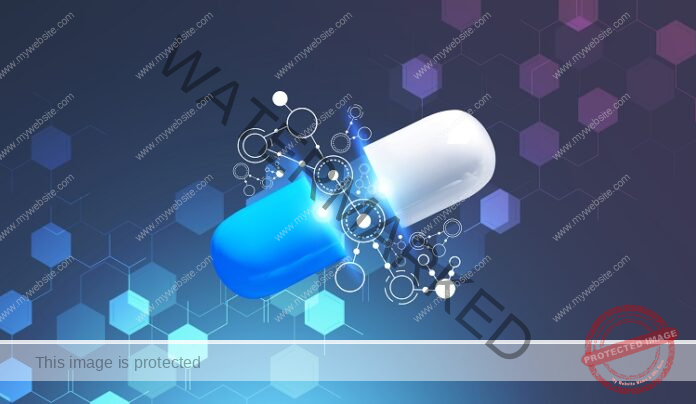Scientists at the Institute of Nano Science and Technology (INST), Mohali, have developed a process that could significantly increase speed and efficiency of chemical reactions, leading to quicker access to innovative medications and potentially lower health care costs.
The research besides opening up new avenues for accelerating chemical reactions, could lead to more efficient industrial processes, from drug manufacturing to energy production and also pave the way for new technologies to harness the power of such chemical reactions.
As per information shared by the Ministry of Science and Technology on Monday, researchers at the Institute of Nano Science and Technology (INST), Mohali, have come across catalytic droplets that could lead to a 10-time increase in speed and efficacy of processes to accelerate drug development.
Traditionally, chemists have till now relied on physical and chemical barriers to confine molecules during catalytic reactions. These methods, while effective, come with inherent limitations. The barriers that keep molecules in place can also restrict the movement of substrates and products, ultimately slowing down the very reactions they are meant to facilitate.
Unlike traditional methods, the new approach by INST researchers allowed for a barrier-free confinement so that the molecules within the droplets could move freely, thereby creating an ideal environment for catalysis.
The result was a staggering 10-time rise in catalytic efficiency, which is a paradigm shift in approach to chemical reactions. The findings have been published in Nanoscale, a scientific journal published by the Royal Society of Chemistry.
In a subsequent study, the researchers also explored deeper into the behaviour of these droplets under varying conditions solely to perceive how interaction between a catalyst and different concentrations of substrate might impact the droplet and the process of catalytic reactions.






























